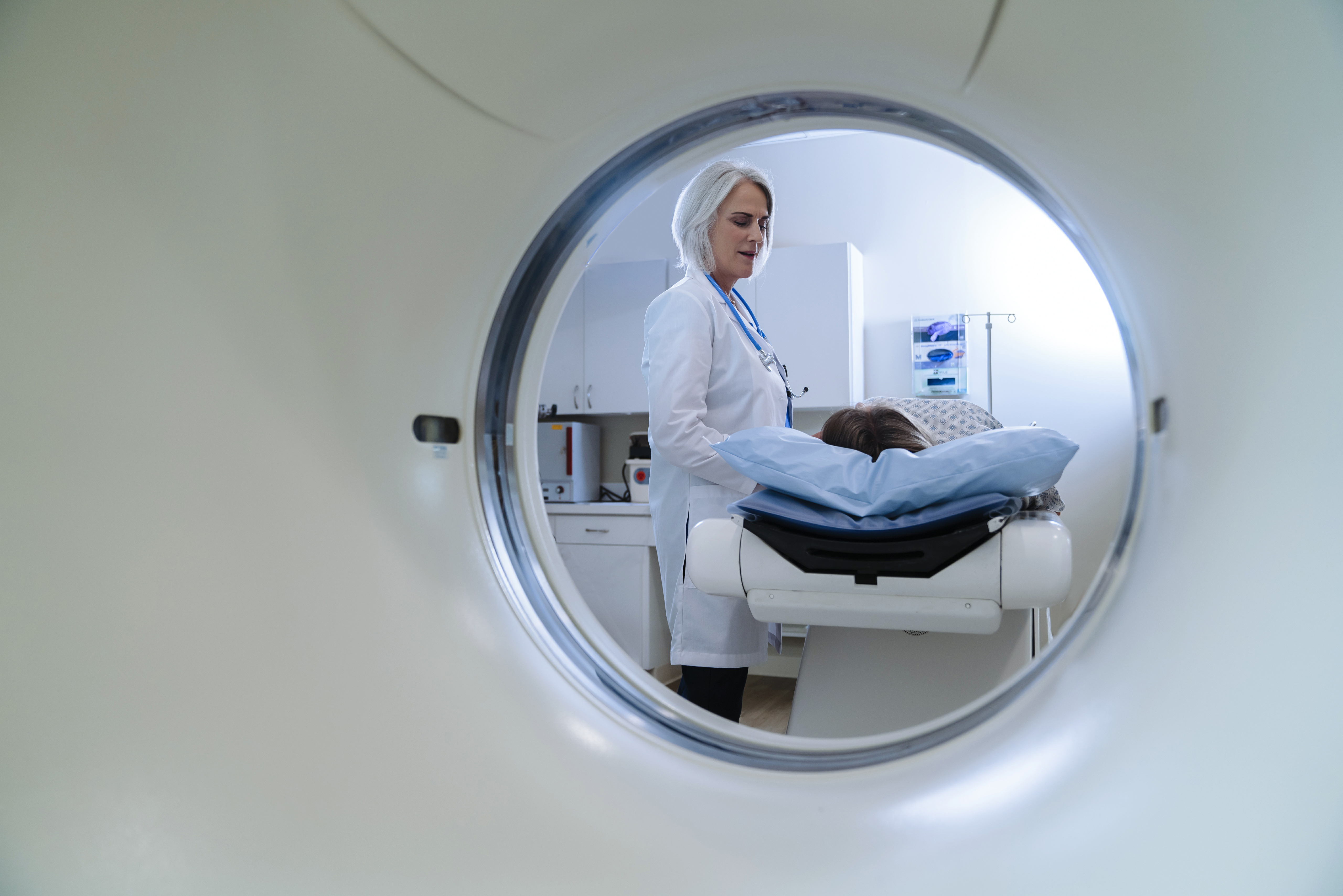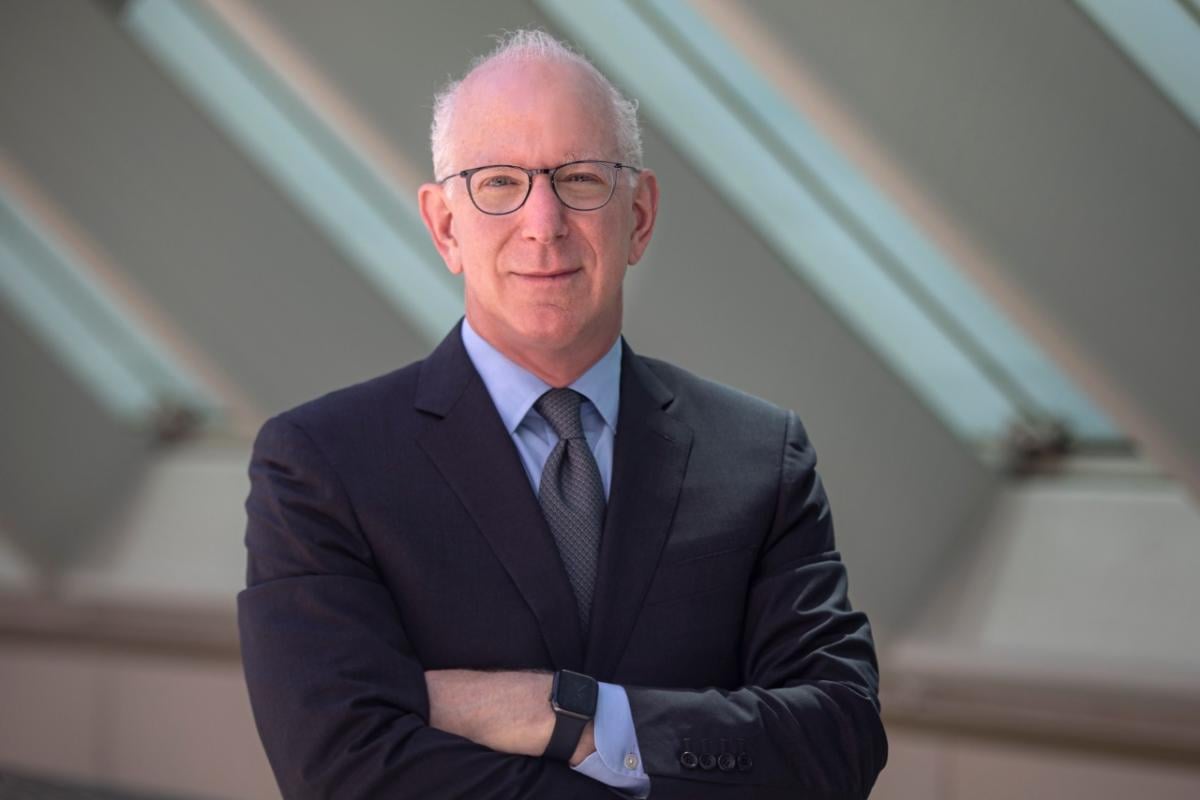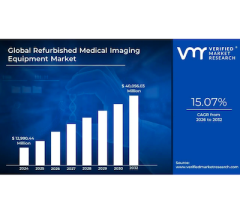
Howard Sandler, MD, FASTRO, Radiation Oncology Department Chair at Cedars-Sinai Medical Center, took the helm as President of the American Society for Radiation Oncology during its Annual Meeting, ASTRO 2023, held Oct. 1-4 in San Diego. In the role of President-elect for the past year, he was instrumental in planning the meeting, themed: “Pay It Forward: Partnering with Our Patients.”
Before and after the conference, I had interviewed Dr. Sandler for an in-depth discussion on a range of issues and insights. The Ronald H. Bloom Professor and Chair of Radiation Oncology at Cedars-Sinai Medical Center in Los Angeles, Sandler is a nationally recognized expert in genitourinary cancers, with more than a decade of experience as Chair of the RTOG/NRG Oncology committee that designed and oversaw prostate cancer clinical trials.
As noted in a Cedars Sinai statement announcing his election, Sandler also has an extensive record of service with both ASTRO and the oncology field. He served on the Board of Directors as chair of ASTRO’s Government Relations Council and is a long-term member of ASTRO’s Prostate/GU Resource Panel. He has been instrumental in leading the development of clinical guidelines and multidisciplinary scientific meetings focused on prostate cancer, and recently served as faculty advisor to the Association of Residents in Radiation Oncology.

ITN: What’s most important to know about advances in radiation oncology today?
Sandler: I would say that that radiation oncology has been striving to make treatments much more patient-centered and personalized. If I had to say what was one of the most progressive themes in radiation oncology over the last 20 years is that we’ve turned our treatments from an often one-size-fits-all management strategy to highly individualized treatment.
The way we’ve been doing that is by using improvements in imaging, such as magnetic resonance imaging (MRI) guidance and positron emission tomography (PET) imaging, to identify with more specificity and more clarity what tissues need to receive therapeutic doses of radiation. In that way, we’ve been able to personalize the treatment, give more radiation where it’s needed, less where it is not needed. The net benefit of that is better cancer control and less morbidity from radiation. That is, I think, a thematic advance in our field — more personalized treatment. There is also better diagnostic imaging, better PET scans, better MRI. Separate from that, we use imaging during radiation to deliver what is called image-guided radiotherapy. This allows for more precision with radiation because we’re aiming radiation inside an individual, at the prostate gland, for example. But if we can image the prostate prior to treatment, then make micro adjustments in localizing where the radiation goes, we can reduce our safety margin for delivering treatment. So, image guided treatment is an important advance. The net result of this is better outcome and less morbidity.
One compelling takeaway from ASTRO 2023 was the PACE-B trial. It showed that five fractions of radiation therapy is equivalent to longer treatments in both effectiveness and safety for some prostate cancer patients. The findings likely will substantially increase the number of patients treated with ultrashort treatment regimens for favorable localized prostate cancer.
Our big goal and the goal I strive for when treating a patient, and seeing them in follow up after treatment, is normality. We want people after treatment to have their lives as close to their pre-cancer diagnosis state as possible, so they can go about their work or retirement activities, and that days or weeks go by where they don’t even think about cancer treatment. That’s what we strive for.
I think we’re getting better and better in time.
ITN: Can you speak to the progress on health equity ASTRO is making?
Sandler: I’m happy to say that ASTRO and our field are highly engaged in having the future of radiation oncology be an accurate reflection of the patients that we care for. We think there’s value in a diverse workforce. One thing we’ve done in a very concrete way is to create a new council within ASTRO for Health Equity, Diversity and Inclusion (HEDI). Its leaders are ASTRO board members. So while relatively new, this has been very helpful and we’ve come a long way. We’ll continue to focus on issues within the specialty because we recognize that we have more to do.
Separate from that, we are also interested in diversity in clinical trials. We want our research subjects to also be a reflection of the community that we treat, so that the results of our trials are generalizable to the community at large. If you only do, for example, studies on male patients, you can’t automatically assume that the results will equally apply to other populations of patients. So one has to make sure that the patient population in clinical trials is an accurate reflection of the patient population at large. One of the major themes of this year’s 2023 ASTRO annual meeting was, in fact, clinical trials. Our 2023-2024 Immediate Past President, Jeff Michalski, MD, MBA, FASTRO, has been a clinical trialist his whole life. His Presidential Symposium was timely, as it focused on compelling clinical trial-related issues, such as efforts to achieve diversity among trial subjects to enhance the generalizability of findings.
ITN: What are you and your colleagues, collectively, most excited about in the field today? What’s bringing hope on the horizon?
Sandler: This kind of question allows me to speculate on the future a little bit. We’re hopeful that there will be a bigger role for the use of targeted radiopharmaceuticals in the management of cancer. There’s some use in the management of neuroendocrine cancers, and for prostate cancers. The concept of targeting an antibody, or another molecule, with a radioactive isotope that can deliver its radioactive payload inside or adjacent to a cancer cell is very appealing to us in radiation oncology. While this is an area that overlaps with nuclear medicine and other interventional radiologists, we think that radiation oncologists, given our background and our experience with the impact of radiation on individuals, will be heavily involved as more radiopharmaceutical treatments become developed and approved for use in cancer patients.
Another area is flash radiation. Radiation is a very biologically driven therapy for cancer. The interaction of radiation and biological tissues is what gives us the beneficial effect from a course of radiation. It’s not as simple as X-rays leading to cellular death, it’s more complicated than that. And while I’m not an expert in this area, there are physical constructs, physical devices that can lead to ultra short courses of radiation, so that high doses of radiation, instead of being given over 60-seconds, can be delivered in less than one second. The radiation dose might be the same, but the duration of the treatment biologically is much shorter and can have a different biological impact.
While this is just in the preliminary stages in humans, and in laboratory models, there’s a suggestion that flash style radiotherapy may be able to improve the therapeutic ratio of radiation oncology by giving radiation in a way that still cures cancer, but has even fewer side effects, which is a little bit of a holy grail for us.
ITN: Any advice for early career radiation oncologists?
Sandler: While I’m no longer an early career radiation oncologist, I still remember what it was like when I was in early career radiation oncology. There are often two general options: a more academic path and a more community based, medical center path — both noble paths in our field. Young radiation oncologists, when deciding which to go on, will choose one or the other, and even sometimes switch from one to the other. As they’re going through this important decision-making process, I feel that young individuals should be thinking about balancing their individual priorities.
Obviously, caring for patients is an important part of what we do. But also, I like people to see if their career can be compatible with their out of work pursuits, whether it’s family, friends or hobbies, because I think that well-balanced and well-rounded individuals do better patient care. So I think that creating a balanced life, especially early in one’s career, so that you’re happy at work and happy out of work, is a good strategy. That is to say, rather than sacrificing things that might be important to you out of work, focus on strategies that allow you to achieve both. I think this is good advice for younger individuals.
ITN: What would you identify as your top priorities during your term as ASTRO President?
Sandler: I’ll cover three top priorities. One is improving diversity and clinical trial accrual. Radiation oncologists are highly research clinical trial focused, and we believe ourselves to be a highly data driven specialty. Our trainees and young graduates can quote chapter and verse from relevant clinical trials to help justify the treatments they do and to improve our treatments for the next generation. We’re going to have to continue to do clinical trials to answer important questions and lead to the better treatments of tomorrow.
A second priority would be working with Congress to modify the way radiation oncologists are reimbursed for their work. There’s been a movement towards value-based payments so that we, as physicians, are not paid strictly fee for service, but paid more for doing the right thing. Working with our congressional partners, we’re developing a new strategy that we call ROCR, the radiation oncology case rate. So that, for example, a radiation oncologist would get a fixed fee that is consistent with what we are getting today. And at that time, he/she can deliver a treatment with one, five, 10 or 20 treatments — whatever we think is best for that individual, so that the treatment plan can be optimized for the patient without any consideration about whether the treatment could be modified to enhance the reimbursement. This is a big shift for us to move towards value-based care, and we’re working with congressional champions try to make that happen.
And then finally, as mentioned, I’m interested in making sure that radiation oncologists, to the extent that we can, are more balanced. There’s a science of happiness, of what makes individuals happy. It’s my view that radiation oncologists who are well balanced and happy provide better care for cancer patients, so that’s also a priority of mine.
Related content:
Dr. Sameer Keole voted President-elect of the American Society for Radiation Oncology (ASTRO)


 February 17, 2026
February 17, 2026 









